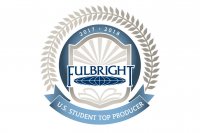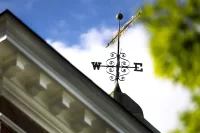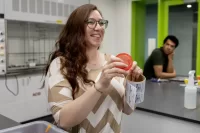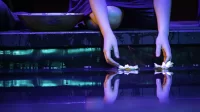
For the 13th straight year, Bates College was named a Top Producer of Fulbright Student awards, it was announced today by the U.S. Department of State and published in The Chronicle of Higher Education.
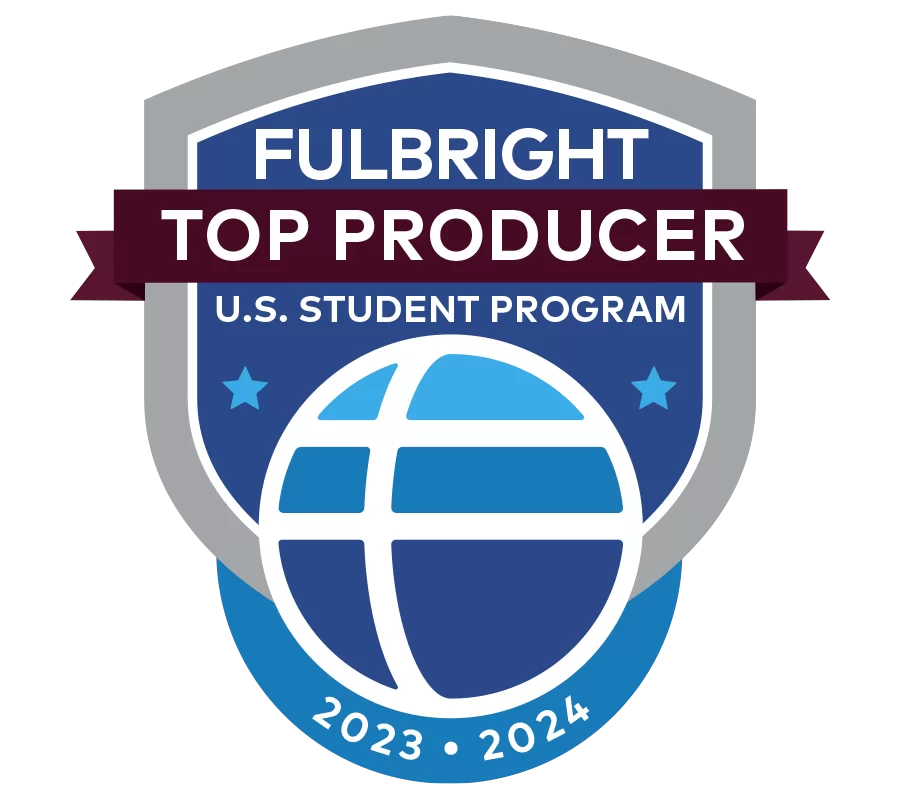
This year’s Top Producer award is based on seven Fulbright offers made to graduating Bates seniors and alumni last spring, including four English teaching awards and three research/study awards.
Bates joins just 21 other undergraduate liberal arts colleges that can claim being a Fulbright Student Top Producer for 13 straight years. Twice in the past six years, Bates has been the No. 1 producer of Fulbright Student awards.
Bates President Garry W. Jenkins called the long tradition at Bates of embracing the Fulbright mission — to promote understanding and support friendly and peaceful relations between the U.S. and people of other nations — a joyful achievement.
“The college’s Fulbright success is another proof point that Bates is uniquely positioned to develop the innovative, caring, bold leaders of tomorrow,” Jenkins said. “Congratulations to all of this year’s Fulbright award recipients and their faculty mentors who supported them. The Bates tradition of Fulbright success makes sense, given our rich history of academic excellence and global engagement. We are so pleased and proud to be, once again, named a Fulbright Top Producing institution, and we look forward to developing our relationship further.”
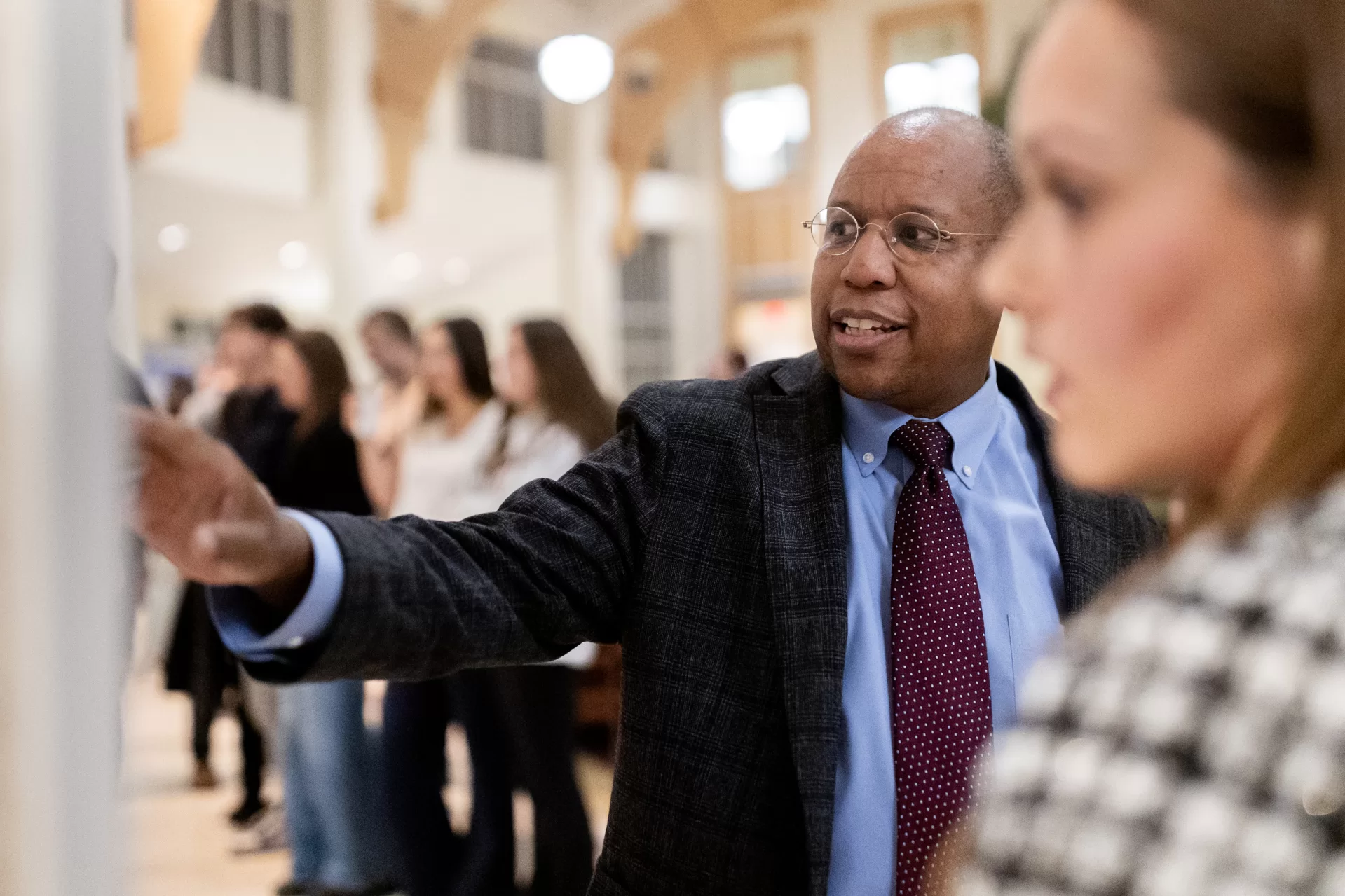
Robert Strong, Bates director of national fellowships and a lecturer in English, said that the college’s Fulbright success flows from a shared global perspective. Both Bates and Fulbright seek to advance understanding, collaboration, academic excellence, and cross-cultural engagement.
“We really do well at Fulbright because our campus ethos matches perfectly with the Fulbright ethos,” he said. “Any Bates student who wants to apply for a Fulbright is going to be a good applicant, period.”
Bates’ long tradition of robust study abroad participation continues to generate interest in Fulbright opportunities, Strong added. Each year about 60 percent of Bates’ junior class studies off-campus for a semester or the year. “The relationship between study abroad and Fulbright is huge. When students go abroad, they see the whole world. And they return and think, ‘Yeah, there’s that Fulbright thing!’”
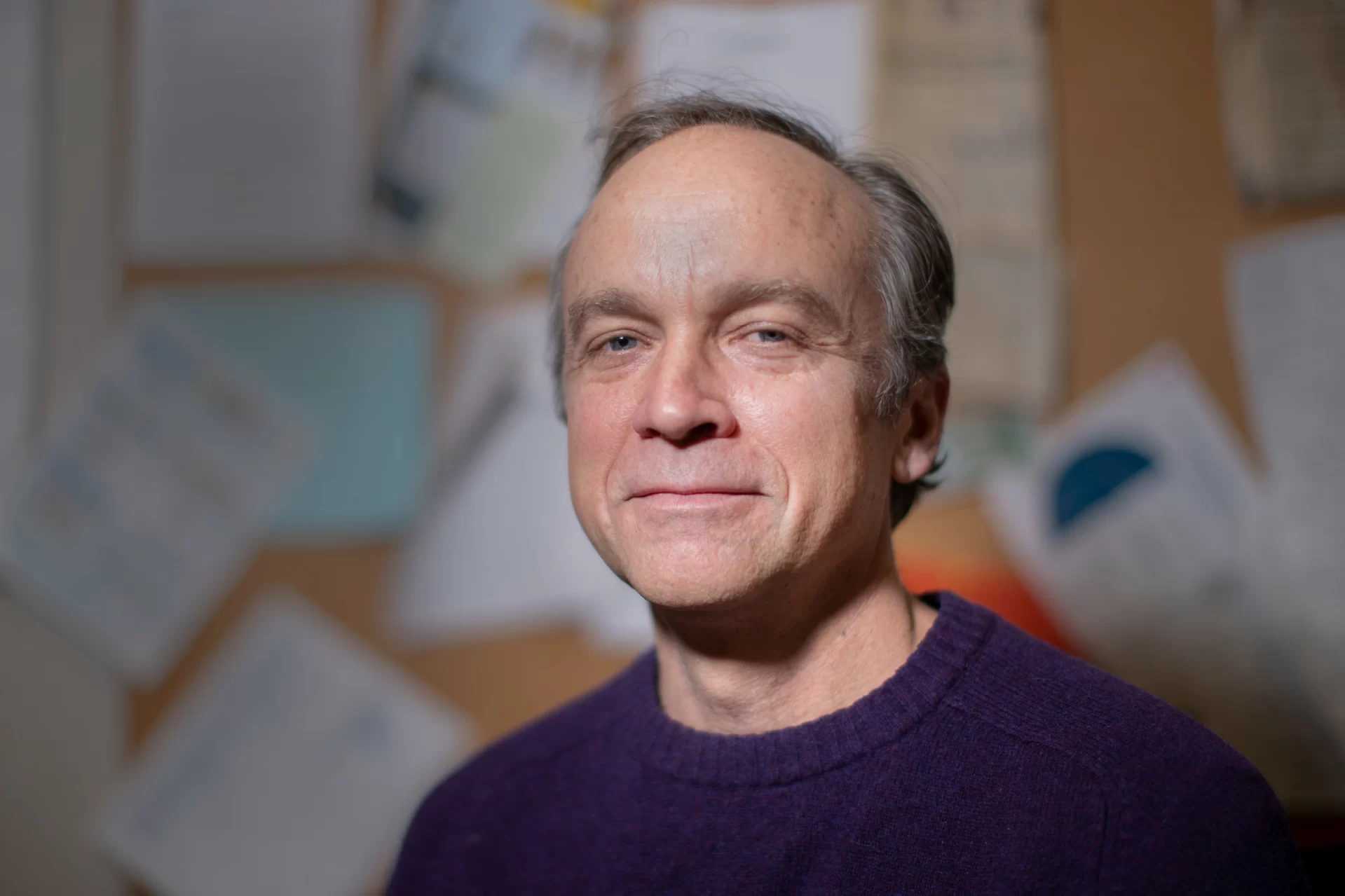
“Any Bates student who wants to apply for a Fulbright is going to be a good applicant, period.”
Robert Strong
Strong also said that a strong faculty mentoring program helps to position applicants for Fulbright success. “We realized that mentoring was so important that we invented a position,” Fulbright mentor, “who will have specific knowledge of the student’s intended Fulbright area or about them,” he said.
During the application process each applicant, joined by the mentor, has a “feedback interview” with a small campus committee that gives “intense, critical, and loving feedback to help the student improve the application as much as possible,” Strong said.
The mentor “also hears our feedback and hopefully contributes to the feedback to the student. With that application mentor in the room, they have someone who also heard the feedback and can be in conversation with them about the feedback.”
Fulbright Student awards can be for teaching English or for conducting research or other studies. For students pursuing a study/research Fulbright, Strong said adding a faculty member with knowledge of a field of study helps enormously. For example, if a student is pursuing a specific area of biological chemical research, Strong said their application will be stronger with a biochemist on their team of advisers.
Associate Professor of Hispanic Studies Stephanie Pridgeon has worked with dozens of Fulbright applicants over the years in several capacities: mentoring, writing recommendations, and evaluating language skills.
From her perspective, the job of a Fulbright mentor is to help a student put their best story forward. Because Bates professors know students so well, they are perfectly positioned to help a student weave years of personal experiences into a Fulbright application that has depth and authenticity.
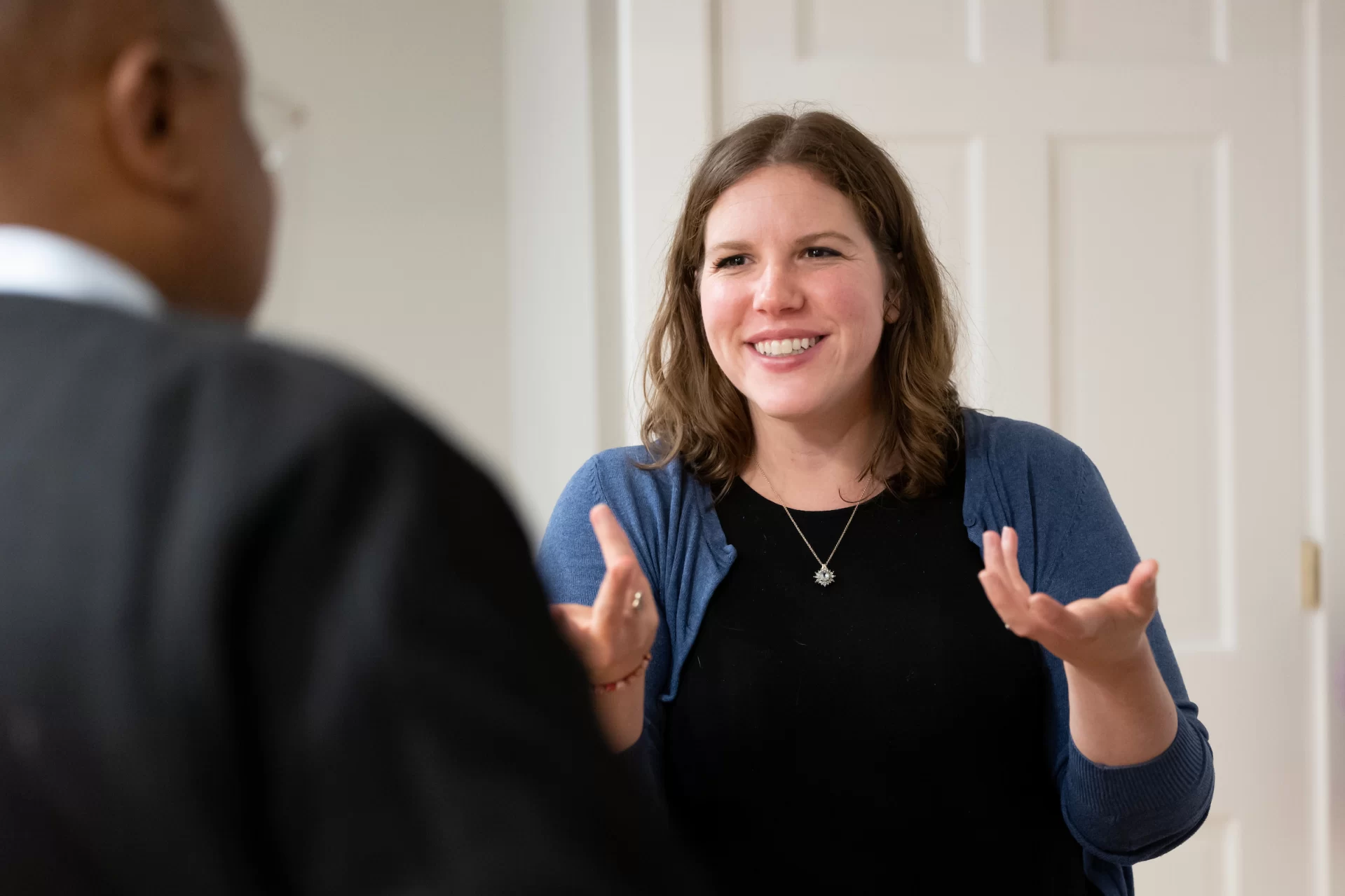
The Bates model of having a campus interview is a “really great way to leverage a feedback loop and help students have a clearer sense of what’s unique to them and how to extract meaning from all the experiences they’ve had,” she said.
“Our students do so many things. They’re in so many activities. They’re president of this and captain of that. For students, what can get lost in the shuffle is reflecting on key takeaways from each of those things.”
Students who work with Pridgeon have often taken a writing-intensive Spanish course with her that involves writing narratives on personal experiences. When it comes time for a Fulbright interview or giving feedback on their Fulbright application, Pridgeon reminds them about these personal essays. “I will say, ‘You did this really cool thing that you wrote about in my class — and I remember it because I read three drafts of it! That needs to go in the statement. You need to foreground that here.’”
Pridgeon recalled a student who was reticent about including the fact that they had testified before a United Nations committee about LGBTQ issues. She encouraged them to write again about this powerful moment. “It hadn’t occurred to them that it was a relevant experience. And it very much was,” she said.
